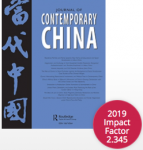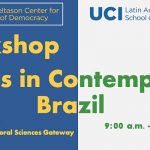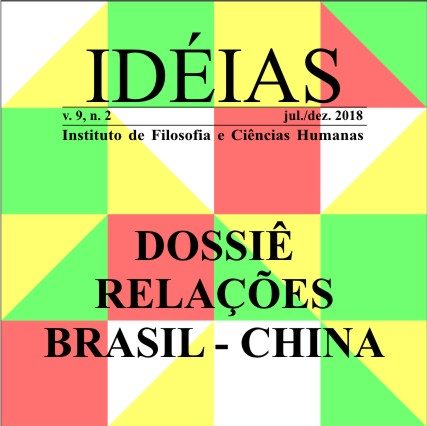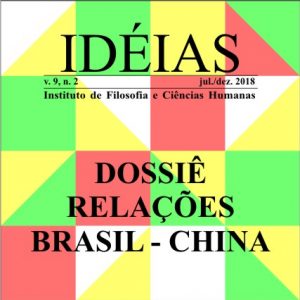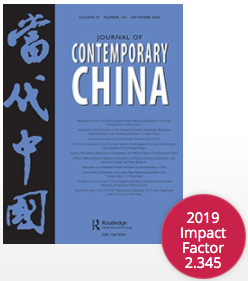 The Tenuous Co-Production of China’s Belt and Road Initiative in Brazil and Latin America
The Tenuous Co-Production of China’s Belt and Road Initiative in Brazil and Latin America
Dr. Oliveira’s article “The Tenuous Co-Production of China’s Belt and Road Initiative in Brazil and Latin America“, co-authored with Margaret Myers, has just been published in the Journal of Contemporary China.
Abstract
China’s Belt and Road Initiative (BRI) evolved from promotion of Eurasian connectivity into a catchall for Chinese foreign policy and infrastructure investments worldwide. Although usually portrayed as a top-down geopolitical project of the Chinese central government, this article argues the BRI is actually shaped by converging and diverging interests of a wide variety of actors within and outside China. In order to conceptualize the relational, contingent, and unstable emergence of the BRI in Latin America, the article emphasizes the process of co-production as a theoretical framework. It first analyzes how the BRI incorporated Latin America through policy and discourse analysis, then examines the multi-scalar and multi-sited co-production of Chinese-funded port and railroad infrastructures through interviews and public documents in Brazil.
Keywords: China; Brazil; Latin America; Belt and Road Initiative; Co-production; Infrastructure; Ports; Railroads; International Relations
The Journal of Contemporary China was established in 1992. It has become one of the most prominent interdisciplinary journals of Chinese studies, and since 2011 it has featured in the top quartertile of journals in political science, international relations, geography, planning, and development. It is one of the preeminent forums for research and debate about China’s Belt and Road Initiative, having published over fifty articles on this topic in the past five years.
For the full length article, see: https://www.tandfonline.com/doi/full/10.1080/10670564.2020.1827358
